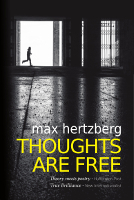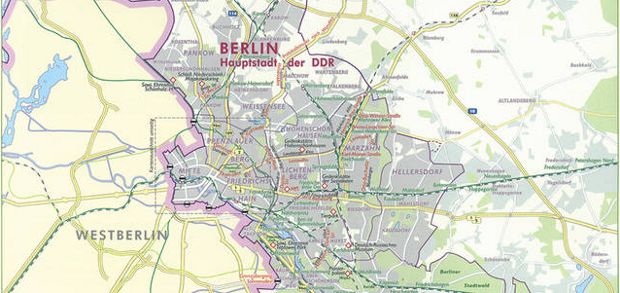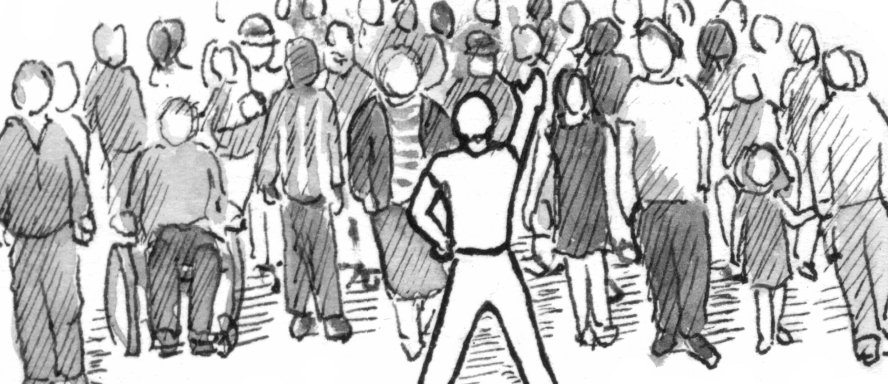For those of you who can’t wait to find out what happens in the second part of the East Berlin Series, here’s the first chapter of Thoughts Are Free. Continue reading “Thoughts Are Free – a preview”
Map for Book 2 of the East Berlin Series, Thoughts Are Free
It’s always an exciting moment when my publisher sends me the maps for my next book. I like maps, and I’m pleased that my publishers are prepared to put the effort into making decent maps for the books I write.
For a small publisher like Wolf Press the costs of a professional cartographer and licences for commercial maps would be prohibitive – there just isn’t very much money in publishing any more. So thank goodness for Open Street Maps! Continue reading “Map for Book 2 of the East Berlin Series, Thoughts Are Free”
Are Referendums Democratic?
This post was written just afer the EU referendum in the UK in 2016, but I haven’t updated it because I believe the central points still stand.
In the wake of the Brexit vote many voices in the media proclaimed that direct democracy leads to a tyranny of the majority, even mob rule.
In this post I’ll be considering whether this is the case, and suggesting some conditions I feel are needed to have a fair referendum.
Continue reading “Are Referendums Democratic?”
For Our Country
(This article was originally written for and posted on the website of the interdisciplinary academic network Cultures of the Cold War.)
In the counter-factual novel Stealing The Future the rift with reality is pinpointed as beginning on the 4th November 1989, but the subsequent publication of the For Our Country Statement played a significant role in building East Germans’ confidence in their ability to remain independent of West Germany. Continue reading “For Our Country”
Contemporary fiction set in the GDR
Enjoy stories about East Germany? Here’s a list of contemporary fiction dealing with, or set in East Germany (sorted by author surname). Continue reading “Contemporary fiction set in the GDR”
How realistic is Deutschland 83?
As the author of various novels set in East Germany I’ve been asked a fair bit about Deutschland 83 over the last few weeks – mostly about whether or not the series is at all realistic. The series is a fun but unreliable witness to both East and West in 1983, but in this post I shall be outlining how Martin Rauch would have been recruited in the real GDR of 1983.
Political Structures in Stealing the Future
Where to start?
When writing a political novel the author needs to be very clear about the political structures that form the framework of the story, not to mention how they work on a day-to-day basis (indeed it is the tension between the theory and the practice of these institutions that provide the gaps that allow such stories to be developed).
The reader of Stealing the Future will have picked up on the fact that there are parliaments at several levels (Volkskammer at the federal level, and the Landeskammern at the Land, or regional level). But in Martin’s everyday life, most of the actual decisions are taken by the Ministry of the Interior (at which he works) or by the various assemblies – from the Central Round Table right down to the plenary meeting of the residents in his tenement block. Continue reading “Political Structures in Stealing the Future”
Could the GDR have survived? Part III – the Geopolitics of Stealing the Future
- Go to: Part I – How plausible is Stealing the Future?
- Go to: Part II – The Economics of Stealing the Future
As I said in Part II, in Stealing the Future I’ve tried to remain as true to historical fact as possible – practically this means trying to keep the history of countries other than Germany pretty much true to real life. Outside the GDR the biggest surprise is the continued existence of the USSR. I decided to let Mikhail Gorbachev keep the Soviet ship of state afloat, despite all its leaks and mutinies. Continue reading “Could the GDR have survived? Part III – the Geopolitics of Stealing the Future”
Spelling – how to spell Street Names, Streetnames, Street-names in German
If you enjoyed the difficulties I had with deciding whether to write Westberlin or West Berlin, you might spare a moment to feel sorry for all those who have to deal with German street names. Continue reading “Spelling – how to spell Street Names, Streetnames, Street-names in German”
Spelling – how to spell West Berlin, Westberlin, West-Berlin…
West Berlin, Westberlin, West-Berlin, Berlin (West), B(W), BW?!?
It wasn’t until I’d finished my first draft of Stealing The Future that I started worrying about how to spell Westberlin (or West Berlin, West-Berlin or even Berlin (West)!). I’d blithely tapped away at my keyboard, using the Eastgerman (East German) vernacular, only realising that this may seem odd to a non-German audience, or even a Westgerman (West German) audience.
In English it’s really not very hard: West Berlin, West Germany, East Berlin, East Germany. But in German the way you spell West Berlin tells the reader something about you, and your politics. Yep, you guessed right, it’s about the Cold War, of course. Continue reading “Spelling – how to spell West Berlin, Westberlin, West-Berlin…”







